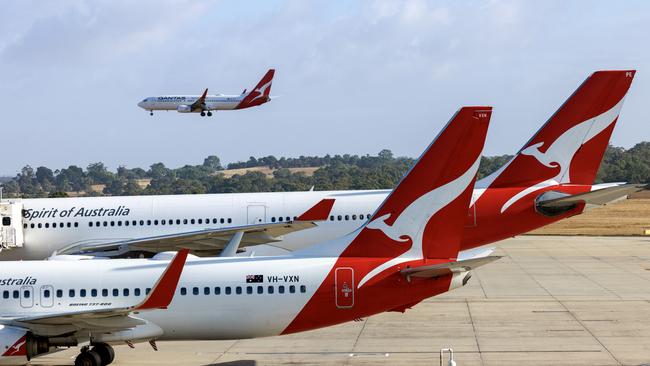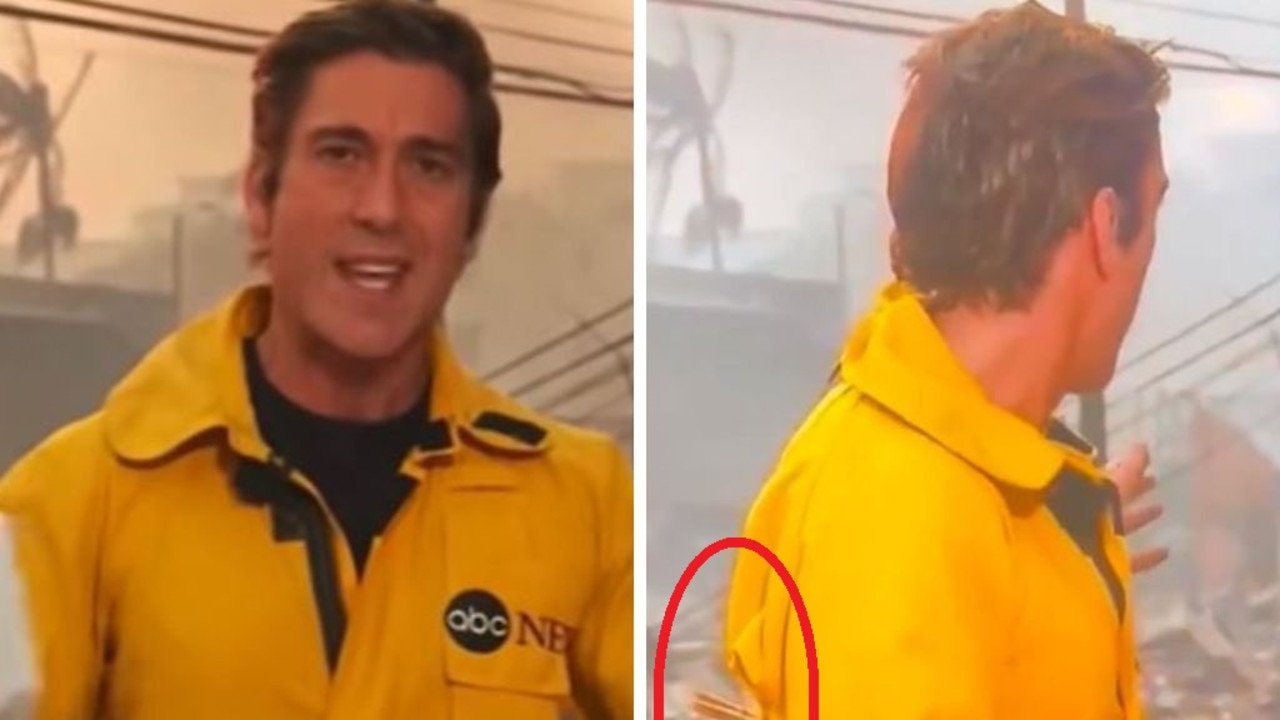‘Disappointing’: WA unions warn of mass worker exodus over paltry wage increase
Unions say the increase to the state’s minimum wage, which is still below inflation, doesn’t do enough to fight crippling cost of living pressures.

At Work
Don't miss out on the headlines from At Work. Followed categories will be added to My News.
Unions have slammed Western Australia’s minimum wage increase as “disappointing”, warning workers could move elsewhere as the state’s award falls below the federal minimum.
From July 1, the state minimum wage for employees aged 21 and over will increase 5.3 per cent – letting workers taking home an additional $43.50 in their weekly pay slip.
That figure is well-below the national wage rise of 5.75 per cent.
Unions WA State Secretary Owen Whittle said he was “extremely disappointed and angry” at the decision, calling for the minimum award to match the national inflation rate of 7 per cent.
“It is going to help (with the cost of living crisis) but it’s still below inflation,” he told 6PR’s Oly Peterson.
“Cost of living is still increasing.
“We know that a lot of workers, particularly those in retail areas, are spending between 65 and 70 per cent of their minimum wage earnings on rent and housing costs.”

Mr Whittle said it was “unheard of in recent times” for the state’s minimum wage rate to fall below the federal’s, which will increase by 8.6 per cent in the new financial year.
“Australia has a pretty mobile labour market – people are pretty happy to move for work,” he said.
“There is such a competition for labour in our economy that if WA is offering lower wages than other states and territories then what you’ll actually see is workers who are struggling … just pack up and move elsewhere to work.”
According to SQM Research’s Weekly Rents Index, as of June 12 rental prices in Perth have increased 18.9 per cent over the past 12 months.
Mr Whittle said while any pay increase will help those struggling amid the cost of living crisis, wages needed to be above inflation to allow Aussies to fight rising costs.

“It needs to be far larger to ensure that workers who are putting such big chunks of their pay into things like housing and other essential items … match those increases in costs,” he said.
The union spokesman said workers in the retail and hospitality sectors, as well as those in small businesses, were the worst impacted.
While unions plan to petition the government to increase pay packets and casual loading, they say the blame for inflation is being unfairly laid at the feet of minimum wage workers.
“These (increases) are having such an impact on ordinary working people while at the same time we’re seeing corporate profits go through the roof,” Mr Whittle said.
“Stop looking at the pay packets of low paid workers as the cause of inflation – they’re not.
“These are workers that are struggling to get by, (we) need to be looking at other places.”
More Coverage
Originally published as ‘Disappointing’: WA unions warn of mass worker exodus over paltry wage increase




